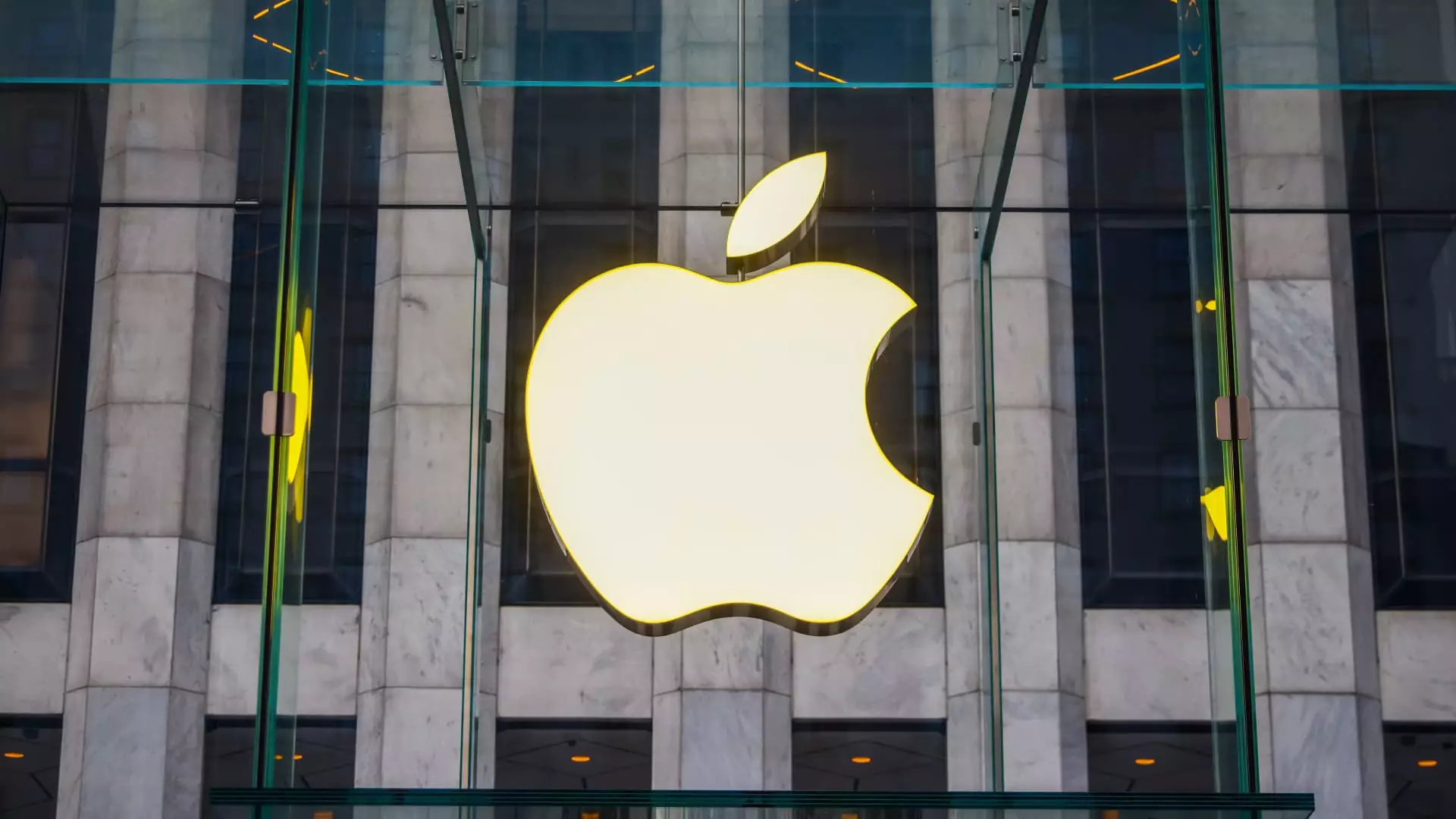Amid the incessant buzz surrounding Apple Inc., recent developments concerning Berkshire Hathaway’s stake in the tech giant have reignited discussions among investors. This article delves into the implications of Berkshire’s recent share reductions, the market’s reaction, and the broader financial context.
Warren Buffett’s Berkshire Hathaway has long been synonymous with shrewd investments, particularly in Apple, which constituted a hefty chunk of its portfolio. However, a recent earnings report revealed that Berkshire reduced its Apple holdings by approximately 25% in the third quarter, a decision that raises eyebrows in the investing community. At the close of September, Berkshire retained a substantial $69.9 billion in Apple shares, reinforcing that even with the reduction, it remains the company’s biggest investment. This shift may indicate a strategic redirection or profit-taking as the share price had surged significantly prior to the sales.
The exact motivations behind Berkshire’s divestiture are murky. Some speculate that the company is capitalizing on Apple’s previous highs, while others wonder if this signals a diminishing confidence in Apple’s future growth. Despite these concerns, the market’s response was subdued, indicating that investor sentiment surrounding Apple is largely resilient. After all, significant players like Berkshire often command attention, but their investment decisions might not always reflect a corporation’s long-term health.
Following Berkshire’s revelation, Apple’s stock faced immediate pressure, dropping about 1% on the first day of trading after the news broke. This decline marked the continuation of a downward trend that had seen Apple’s shares falling 5.5% from their recent peak of over $236 on October 21. The market’s mixed response stems from a complex web of factors including investor sentiment, broader economic indicators, and the performance of tech stocks overall.
Wall Street analysts have mixed views on Apple. Loop Capital has tempered its price target from $300 to $275, suggesting a 24% upside from the recent close. Conversely, Morgan Stanley highlighted Apple’s impressive decade-high operating margins, suggesting that there are still solid fundamentals underlying the company. This divergence illustrates the uncertainty that often envelops tech stocks, where investor enthusiasm and cautious optimism can lead to volatile trading.
Understanding the Broader Financial Landscape
Berkshire’s divestment comes at a time when the conglomerate’s cash reserves exceed $300 billion, prompting discussions about its future investment directions. Besides Apple, Berkshire has also reduced its position in Bank of America, which raises questions about its strategy in the financial sector. The company’s cash hoard opens numerous doors for investment opportunities, yet the recent sell-offs may hint at a more conservative approach amidst an unpredictable economic landscape.
Moreover, while Apple has recently reported better-than-expected earnings, the ongoing scrutiny suggests that profitability alone may not be enough to reassure all investors. The tech market is fraught with challenges, ranging from supply chain issues to increasing competition, which could impact future performance. As a result, the narrative is not just about Apple; it reflects broader trends affecting technology companies blending innovation with market demand.
Investors in Apple are accustomed to navigating a landscape filled with fluctuations and opinions. The advice from industry experts like Jim Cramer—to “own it, don’t trade it”—resonates as a call for patience amidst turmoil. Shareholders are urged to focus on long-term value rather than reacting to short-term headlines.
In summation, while Berkshire Hathaway’s recent share reduction in Apple may prompt questions about the company’s future trajectory, it also serves as a reminder of the complexities in investment strategies. The current market climate may be uncomfortable for many, yet it underscores the essentiality of attentive analysis and steady decision-making in navigating the intricate world of stock investments.

